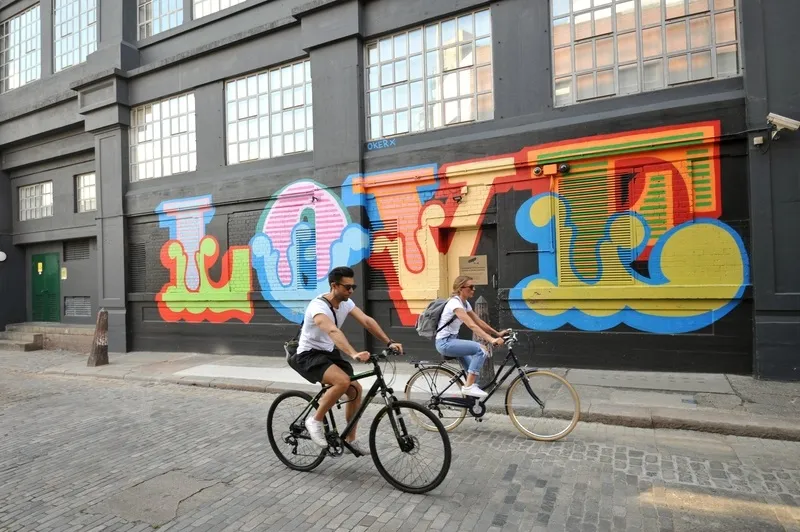
England has joined the list of countries which is offering incentives to its citizens to encourage them to go cycling - even to the point of allowing doctors to prescribe cycling as a therapy.
As part of the government's strategy to combat obesity, announced this week, GPs in parts of England where health outcomes are poor will be encouraged to prescribe cycling as part of a pilot scheme.
Patients would be able to access bikes through their local doctor's surgery.
From today, the government has also introduced the Fix Your Bike voucher scheme, which offers £50 towards the cost of a service and repair for up to two bicycles per household.
The UK government has already announced funding of £2 billion over five years to be spent on improving cycling infrastructure and offering training.
A body called Active Travel England will enforce cycle lane standards, which suggests that simply painting cycle lanes on busy roads will not be considered sufficient.







